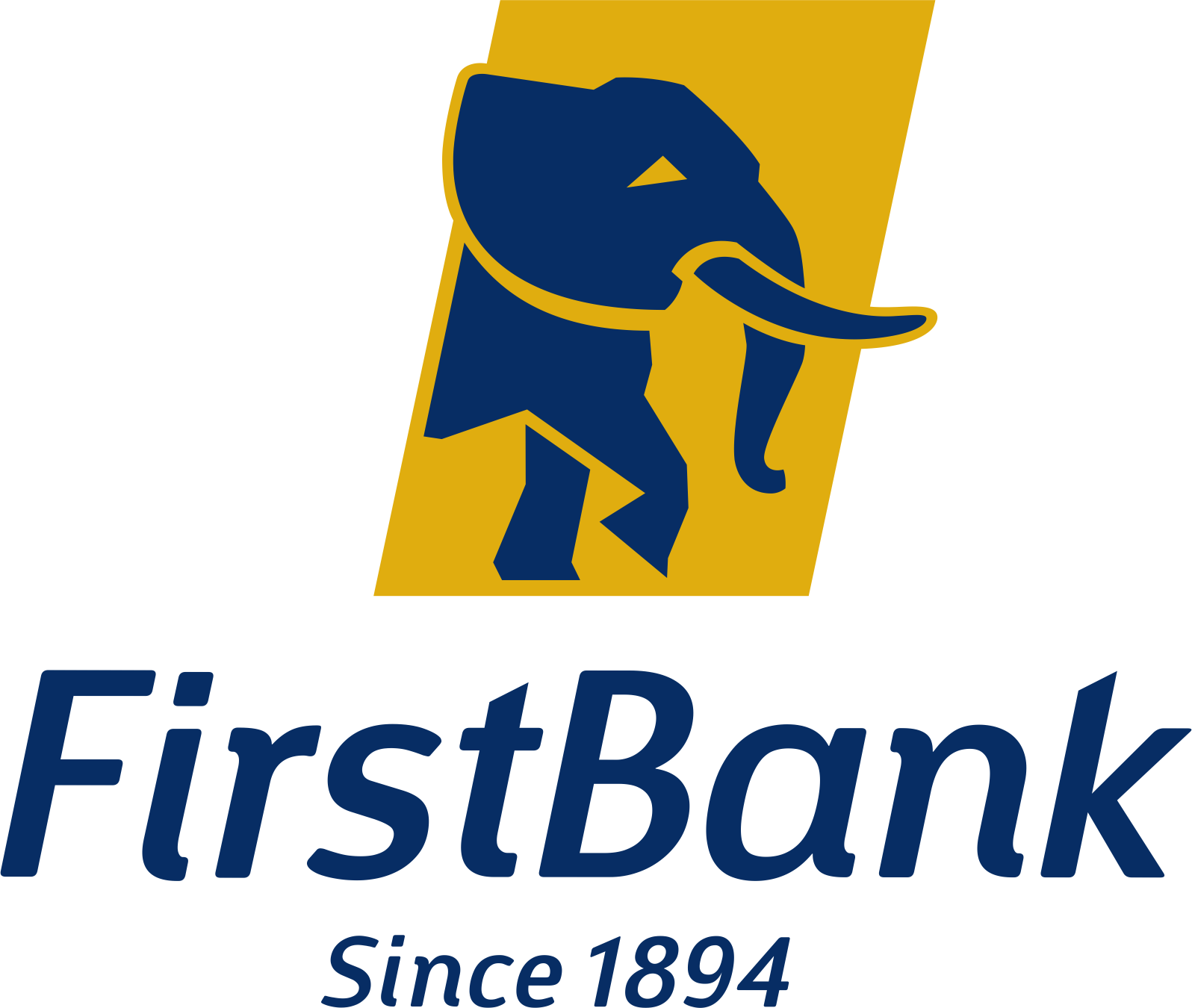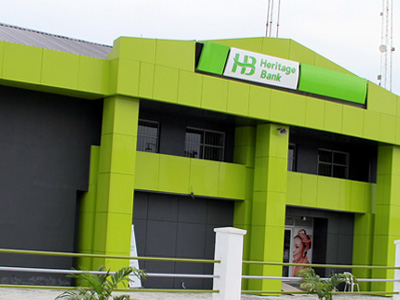
Non-bank holding company, FBN Holdings Plc, on Thursday presented its audited financials showing weak growth in its numbers, particularly earnings and profit for the nine months ended September 30, 2017, which showed the urgent need to further drive down impairment charge on credit losses, while aggressively growing revenue, working on generating more foreign exchange revenue, among others. The profit level was equally helped by the 35.77% decline in income tax expense for the period. The score-card also calls attention to the need for management to work on how the group would reclaim its pride of place as a foremost one-stop financial services supermarket for the good of stakeholders, particularly the shareholders who could do with juicier dividend payout.
Gross earnings for the period rose by just N21.601bn or 5.21% from N414.506bn in the corresponding period of 2016, to N436.107, with interest income rising by 27.74% from N278.577bn to N356.076bn; slower than the 34.44% growth in interest expenses from N75.666bn to N101.731bn; following which net interest income stood at N254.345bn from N202.911bn.
The group paid N97.588bn as specific impairment charges for its losses on customer loans and advances, down from the N114.717bn, which is even then call for the group to do more about the risk management framework of First Bank of Nigeria Limited, its deposit money banking subsidiary and honey-pot. Net interest income after impairment charge for credit losses came to N156.757bn from N88.194bn.
The insurance arm earned N10.523bn as premium, slightly better than the N7.656bn in prior year’s third quarter, out of which it ceded N2.47bn to its reinsurers, up from N807m, resulting in net insurance premium revenue of N8.053bn, up from N6.849bn.
Fee and commission income for the period at N54.283bn was slightly higher than the N52.702bn reported in the corresponding nine months, given a boost by the N16.675bn earned from electronic banking fees, flatly higher than the previous N15.496bn, even as account maintenance fell from N11.274bn to N7.134bn. Income from custodian fees rose to N4.379bn from N3.489bn; just when financial advisory fees fell to N3.544bn from N5.04bn; just as other fees and commissions increased to N9.165bn from N6.103bn. Fee and commission expenses rose also from N7.745bn to N9.087bn; net gains on foreign exchange suffered a significant 91.81% slip from N68.401bn to N5.602bn. Net gains on investment securities was negligible at N835m, up from N4.402bn; Net gains from financial instruments at fair value increased to N8.598bn from N3.292bn; dividend income rose to N1.986bn from N846m; other operating income rose to N3.495bn from N2.283bn; while insurance claims dropped slightly to N2.531bn from N2.858bn. Depreciation, amortization and impairment was flat at N11.581bn, compared to the N11.021bn of prior nine months; even as operating expenses jumped to N98.174bn from N82.499bn, driven by the N13.806bn Asset Management Corporation of Nigeria (AMCON) resolution cost, an increase from the N12.999bn in the full year ended December 31, 2016; followed by the N15.495 spent on maintenance, compared to the previous N12.641bn. Outsource cost dropped slightly to n12.295bn from N12.304bn; while other expenses increased to N10.306bn from N6.703bn, resulting in operating profit of N55.177bn, a drop from N57.455bn.
Profit before tax fell to N55.433bn from N57.455bn; while income tax expense fell 35.77% from N14.938bn to N9.594bn as a result of which profit after tax rose 3.32% from N42.517bn from N45.839bn, which translated to Earnings Per Share of N122, from N1.17 each.
Total assets for the period crawled from N4.736tr in December 31, 2016 to N4.863tr, nine months later on September 30, 2017, with customer loans and advances dropping slightly to N2.043tr from N2.083tr; just as total liabilities was rose slightly to N4.232tr from N4.154tr, with customer deposits dropping to N2.938tr from N3.104tr. Shareholders’ funds rose to N631.051bn from N582.575bn at the end of December 2016.
By business units, the commercial banking group, as would be expected, remains FBNH’s honey pot, contributing N397.94bn; followed by the merchant banking, or investment bank arm, which recorded N27.488bn; while the insurance group followed with N12.351bn. In the same way, the commercial banking group contributed N38.26bn of total profit and N97.578bn of impairment charges on credit losses; ahead of the N6.266bn of profit by the merchant bank and N2.609b from insurance business.















